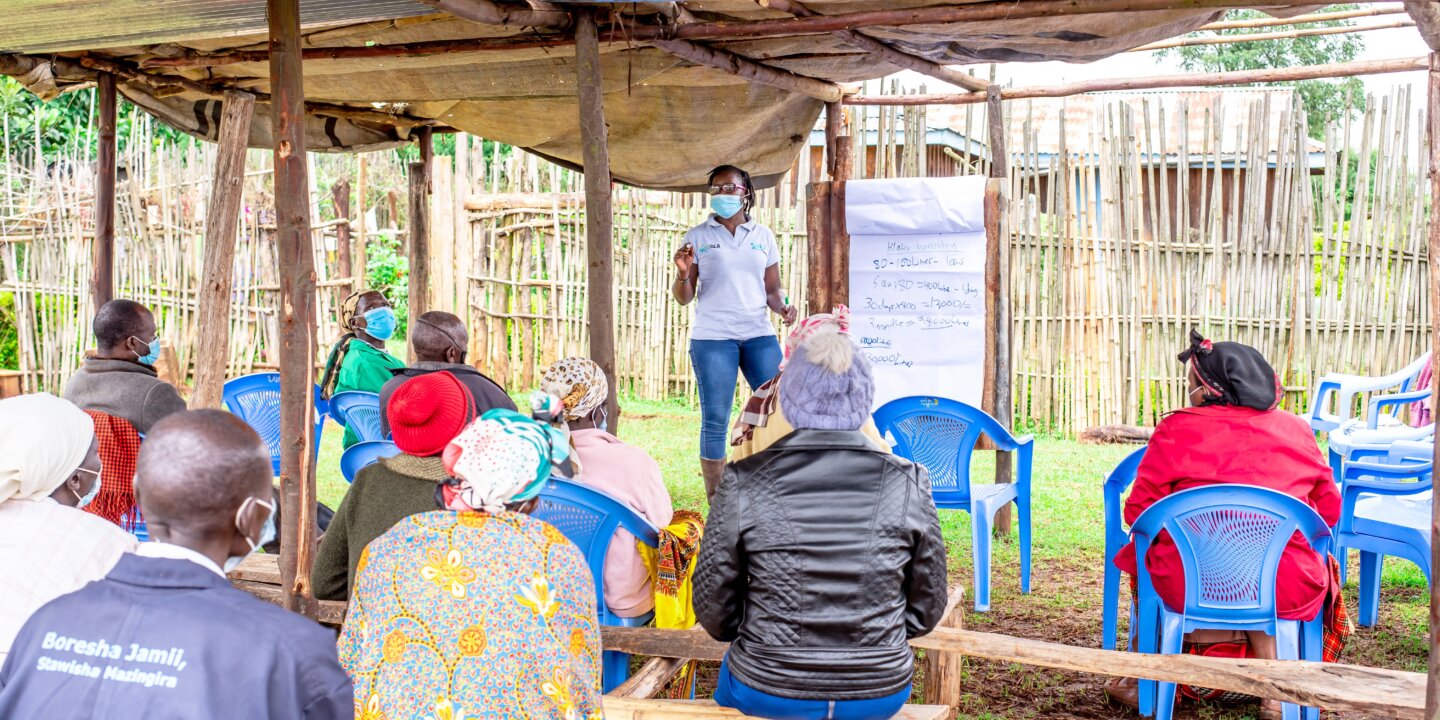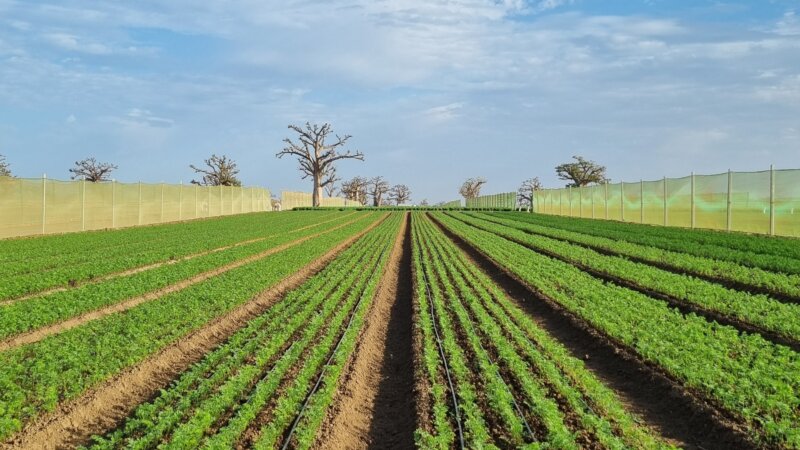NEADAP develops Training modules for Improved Manure Management in East Africa

A farmer training session ongoing
Manure is a valuable resource for dairy farmers, but it also poses challenges such as nutrient losses, odour, and health risks. The NEADAP Improved Manure Management project seeks to optimize the use of manure as a source of nutrients and organic matter for crops and soil in East Africa.
Led by manure management solution lead Bram Wouters and manure expert Naomi Chepsuge created training modules to educate farmers and extension staff on the benefits and methods of improved manure management.
The training modules cover topics such as:
- Module 1. Reasons for manure management: how manure can enhance the nutrient cycle, reduce environmental pollution, improve soil fertility, reduce the use of synthetic fertilizer, and minimize nuisance to humans and animals.
- Module 2. Manure types and characteristics: how the animal species, the feeding regime, and the housing and management system affect the type and quality of manure.
- Module 3. Processes of manure nutrient losses: how leaching, run-off, volatilization, and fixation cause nutrient losses from manure, and how the collection, storage, and application methods, as well as the environmental factors, can influence the extent of nutrient losses.
- Module 4. Manure management: how to use integrated manure management, which involves optimizing the use of manure from the cow to the soil to the crop, or from the cow to the sales, depending on the type and quality of manure desired by the farmer or the client. It also provides practical guidance on the best practices for the collection, storage, treatment, and application of manure.
- Module 5. Composting: heap and pit composting: how to make compost using heap and pit methods, which involves the biological decomposition of organic matter under aerobic conditions, resulting in a stable and humus-rich product that can improve soil fertility and structure.
- Module 6. Advising farmers on manure management: The module emphasizes the importance of tailoring recommendations to the unique needs of each farm. It introduces a checklist to evaluate the current state of the farm and its manure management practices, encompassing economic aspects. Decision-making considerations for recommending specific manure management options are also highlighted, emphasizing a comprehensive approach to enhance agricultural practices.
The training modules are interactive, participatory, and learner-centred, using a variety of methods, such as lectures, discussions, demonstrations, exercises, games, and field visits. The training modules are also flexible and adaptable, allowing the trainers to customize them according to the needs and preferences of the target audience, the local context, and the available resources.
The NEADAP training modules are a valuable resource for anyone interested in learning more about improved manure management and its benefits for dairy farming in East Africa. By improving manure management, dairy farmers can enhance their productivity and profitability, while also contributing to food security and environmental sustainability in the region.
Learn more about the work NEADAP is doing around Manure management:
- NEADAP’s strategy to improve manure management in East Africa
- Transforming Manure Management in south western Uganda
- Improving manure management practices in Kiambu, Kenya
- Naomi Chepsuge: Championing for Proper Manure Management in East Africa
If you have further questions, contact Wim Goris at NFP
Authors
Bram Wouters
Solution Lead, Manure Management

Naomi Chepsuge
Jr. consultant Manure management

Wim Goris
coalition builder



